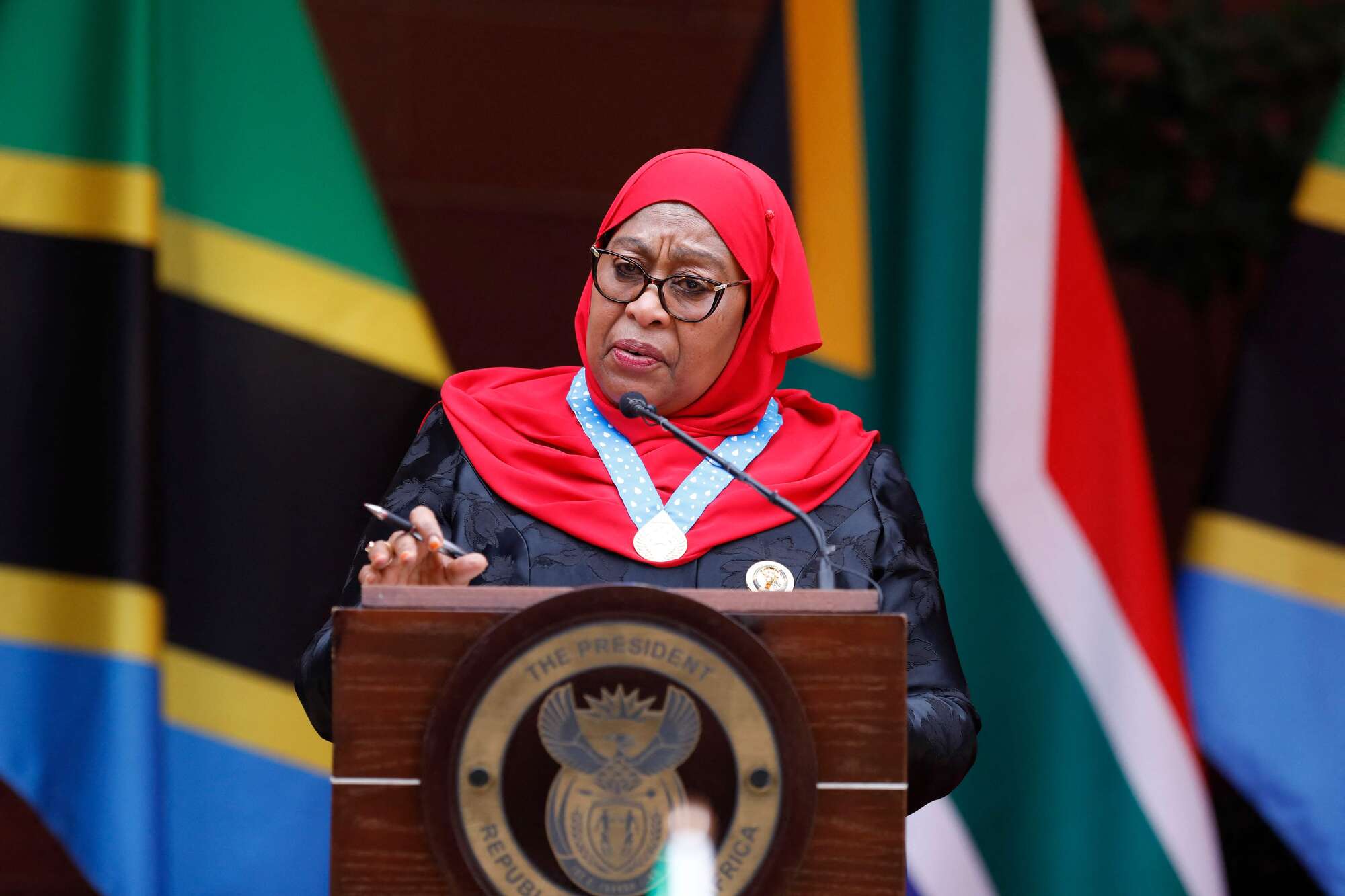
Dar es Salaam, Tanzania:
The Tanzania Truck Owners Association (Tatoa) voiced optimism Wednesday regarding a potential rise in cargo volume this year and praised recent steps the government has taken to enhance the business environment.
In a statement issued by the association’s chairman, Mr Elias Lukumay, ahead of association’s annual general meeting (AGM) to be held in Dar es Salaam, Tatoa said they were looking forward to good business this year as more cargoes are expected through the country’s ports.
Mr Lukumay praised the efforts of President Samia Suluhu Hassan, which has led to an increase in cargo at the Dar es Salaam Port.
“Last year was good as we saw growth in the industry, and we are optimistic that this year will be even better,” he said.
The AGM, which is expected to attract hundreds of stakeholders from the transportation and logistics industry, will provide an opportunity for them to express their challenges and successes to the government. The minister for Works and Transport, Prof Makame Mbarawa, is expected to grace the occasion.
“We welcome all stakeholders to the meeting which would be an opportunity for them to express their challenges and successes to the government,” he stated.
Tatoa represents the interests of lorry owners and operators in Tanzania. The association works to promote the welfare of its members and improve the overall transportation and logistics industry in the country.
Recently, the road transporters requested that the government amend the Finance Act because they claim it increased their tax burden.
The law requires the passenger or cargo transporters to pay an advance tax of between Sh180,000 and Sh2.79 million per lorry per year, depending on the carrying capacity of the vehicle.
However, Tatoa said the fixed tax is a burden to them considering that it is charged even before they make profits.
With the government’s efforts to improve the business environment and Tatoa’s optimism for the industry, it is expected that the transportation and logistics sector in Tanzania will continue to see growth and development.
Share this news
This Year’s Most Read News Stories

President Samia takes on Tanzania’s web of corruption
The President takes on the web of corruption in the Tanzanian government and quasi-government institutions flagged by the newest report by Controller & Auditor-General Charles Kichere. Continue Reading

ACT-Wazalendo calls for withdrawal of mandatory travel insurance in Zanzibar
Starting October 1, all visitors to Zanzibar will be required to purchase a mandatory travel insurance policy costing $44 at the point of entryContinue Reading

Zanzibar airport monopoly puts 600 jobs at risk
On September 14, 2022, the director general of ZAA issued a directive that gave Dnata Zanzibar Aviation Services Limited an exclusive access to the newly constructed Terminal III, barring other operators.Continue Reading










